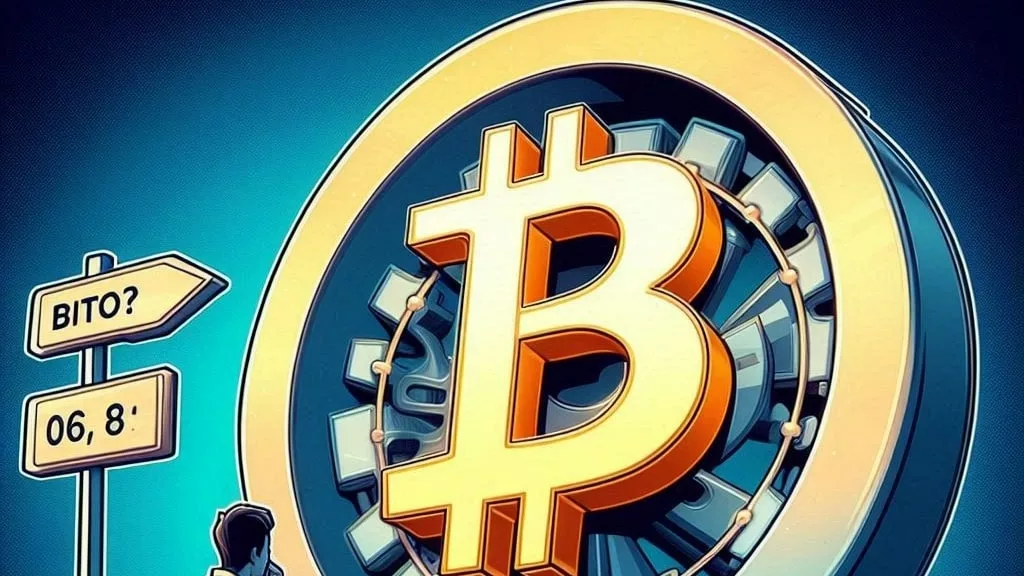
The crypto market is once again at a crossroads after the U.S. government formally declared Bitcoin a strategic reserve asset last week. While some hailed the move as a historic milestone, others questioned its long-term implications. The biggest uncertainty, according to Bitwise Chief Investment Officer Matt Hougan, comes down to one fundamental question:
Will Bitcoin evolve into a geopolitically significant macro asset like gold, or will it remain a niche investment for libertarians, cypherpunks, and risk-taking speculators? This question, Hougan argues, is the key to Bitcoin’s future trajectory, influencing both institutional adoption and government policy worldwide.
In Bitwise’s latest investor memo, titled “The Only Question That Matters in Bitcoin” and dated March 10, 2025, Hougan highlights the significance of the U.S. government’s decision.
He writes: “Fifteen years after Bitcoin was created—a decade and a half of ridicule and skepticism, of people calling it a ‘pet rock’ and ‘rat poison squared’—the U.S. government declared Bitcoin a ‘strategic’ asset that ‘shall not be sold.’”
This declaration, he suggests, marks a major turning point in Bitcoin’s history. While it doesn’t necessarily mean the U.S. will start aggressively accumulating BTC in the near future, it does establish Bitcoin as a recognized financial instrument in the eyes of the world’s most powerful economy.
Despite the significance of this declaration, Bitcoin’s price did not react as many had hoped. Shortly after the news broke, BTC dropped 13% from its high of over $92,000, falling below $80,000 for the first time since November 2024.
Hougan identifies three key reasons behind this price decline:
The long-term impact of the U.S. decision will depend on whether other governments start treating Bitcoin as a reserve asset. If major economies like China, Japan, or the European Union follow suit, Bitcoin could transition into a truly global macro asset, comparable to gold in its role as a store of value.
However, if Bitcoin remains primarily held by retail investors, hedge funds, and a handful of corporations, it may struggle to shake its reputation as a speculative asset.
Hougan remains optimistic, stating that the U.S. government’s stance is just the beginning. If other nations start integrating Bitcoin into their financial reserves, demand could surge, potentially pushing Bitcoin to new all-time highs in the coming years.
Bitcoin’s latest milestone has drive a crucial debate about its future. While the U.S. government’s recognition is a significant step forward, it has also introduced new uncertainties.
The answer to Hougan’s central question—whether Bitcoin will be embraced as a global macro asset or remain a niche investment—will likely shape the cryptocurrency’s trajectory for decades to come.

Get the latest Crypto & Blockchain News in your inbox.